8 Bad Habits Speed Calcium Loss
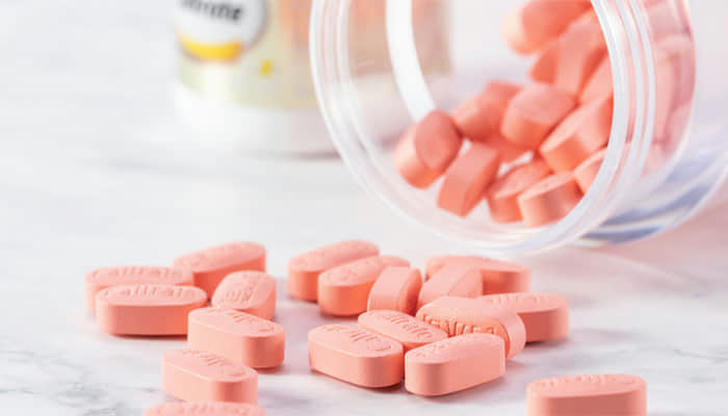
Calcium is the most abundant mineral in the human body and one of the indispensable essential nutrients. It is no exaggeration to say that without calcium, there will be no life.
From the formation of bones, to muscle contraction, from the beating of the heart, to the thinking activities of nerves and brains, to human growth and development, eliminating fatigue, strengthening the brain, and delaying aging... Calcium is almost involved in the entire process of life.
In most people's consciousness, the way to prevent calcium deficiency is calcium supplementation. In fact, improving the absorption rate of calcium and reducing calcium loss is also an important part. The following habits are accelerating your calcium loss.
1. Eat too salty
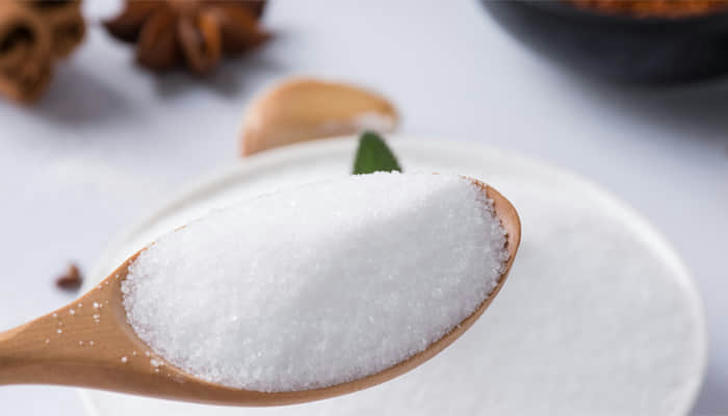
The salty taste of salt comes from sodium, which is accompanied by calcium and sodium in the body. Those need to be excreted through urine. If you eat something that is too salty, the excretion of calcium and sodium will increase, which will lead to increased calcium loss. For every 6 gram of salt, about 40 to 60 mg of calcium will be lost. Therefore, eating less salt equals more calcium.
2. Eat too much meat

An appropriate amount of protein in the diet helps the absorption of calcium. But when there is too much protein in the diet, the absorption rate of calcium will decrease, and the urinary excretion of calcium will also increase, resulting in calcium deficiency. Therefore, eating meat regularly not only hinders the absorption of calcium, but also reduces the intake of calcium.
3. Drink too much coffee

Many people have the habit of drinking espresso in their daily life, and they drink a lot of it every day. Caffeine has a diuretic effect and also increases calcium excretion. When consuming more than 800 mg of caffeine in six hours, calcium excreted in urine increases by 77% and increases the risk of osteoporosis.
4. Excessive dieting
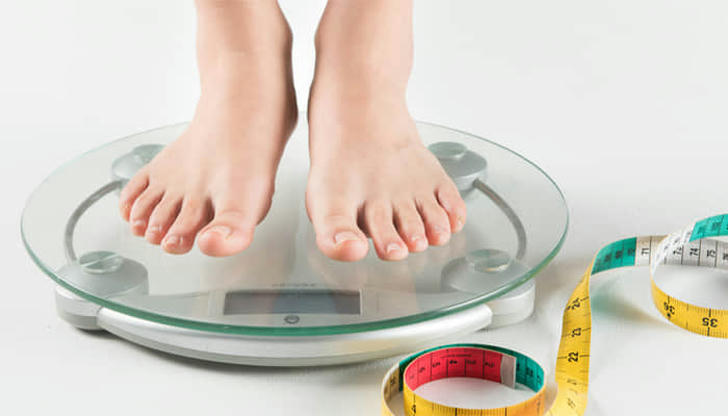
In order to lose weight, some women eat less and have a partial eclipse, often focusing on vegetables and crude fiber foods, and insufficient intake of high-protein foods. When the body’s intake is too low during the fat loss process, calcium intake will also be affected. Calcium can inhibit the absorption and synthesis of fat, the calcium deficiency will inevitably delay the speed of fat loss. Therefore, if you want to lose weight quickly, you should pay more attention to calcium intake during the fat loss period.
5. Less exercise
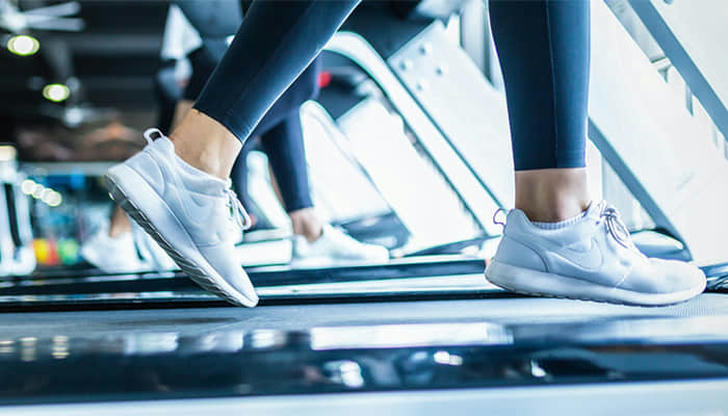
The main component of bones is calcium. In the metabolic activities of the human body, the development of bone tissue requires a certain mechanical strength to support it. When the body does not exercise enough, the bone tissue will automatically reduce the bone mass. In order to better promote the utilization of calcium by the bones, we need to stimulate the bones through exercise. Therefore, make sure to exercise at least 30 minutes a day. You can choose jogging, tai chi, cycling, and other aerobic exercise methods.
6. Less sun exposure
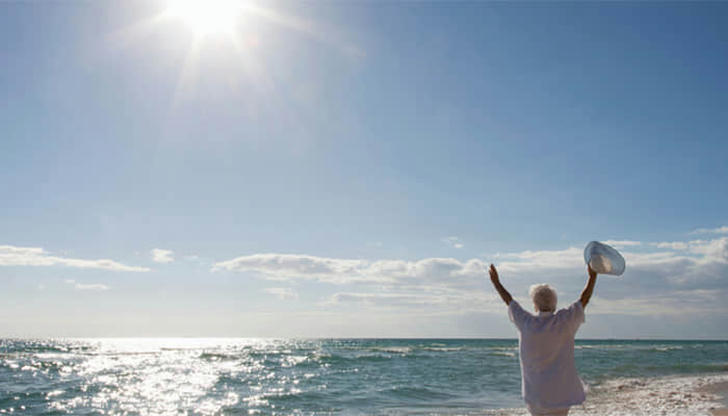
The daily life in and out of the office makes people's opportunities to bask in the sun gradually decrease. Many women even wear sunscreen and hold up umbrellas when they go out, for fear of getting tanned. Applying sunscreen and using an umbrella will prevent the skin from synthesizing vitamin D. The production and transformation of vitamin D plays a key role in calcium absorption.
7. Drink too much carbonated drinks
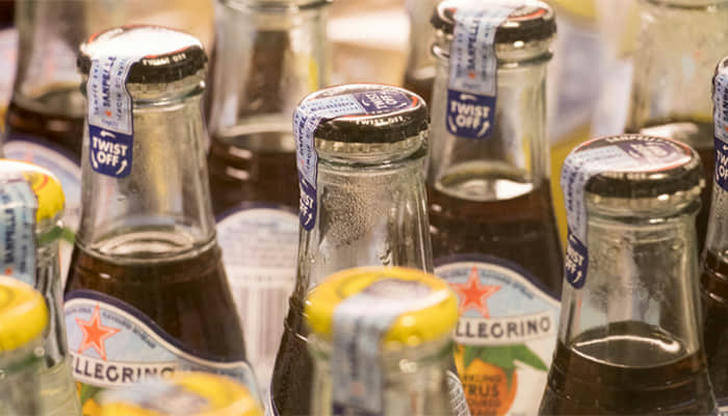
Teenagers love carbonated drinks, but drinking a lot of carbonated drinks for a long time will lead to the loss of calcium in human bones. Weshke, a researcher at the Harvard School of Public Health in the United States, found that adolescents, especially girls, who regularly drink large amounts of carbonated beverages are three times more likely to suffer fractures than those who do not drink such beverages. They pointed out that the reason may be that the phosphoric acid contained in carbonated beverages affects bone deposition, which has side effects on bone growth.
8. Smoking
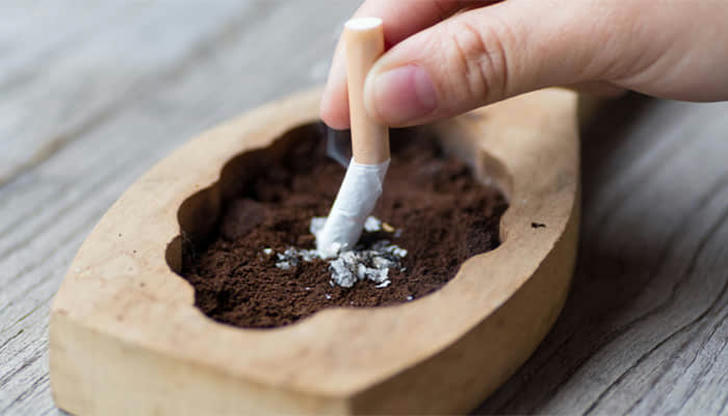
Smoking can affect the formation of bone peaks, resulting in a decrease in bone mineral density, so the bone mineral density of smokers is generally lower than that of non-smokers. Moreover, the nicotine and carbon monoxide contained in cigarettes will slow down the progress of bone regeneration, affect intestinal calcium absorption, and increase the risk of fractures.
How to supplement calcium scientifically?
1. Set reasonable goals

Different populations require different amounts of calcium. During the growth and development period, with the increase of age, the demand for calcium shows an increasing trend year by year. For the average adult aged 18-50, the recommended intake of calcium is 800 mg/day. In the second and third trimesters of pregnancy, lactation, and middle-aged and elderly people over the age of 50, the demand for calcium is 200 mg more than that of ordinary adults.
2. Eat more calcium food
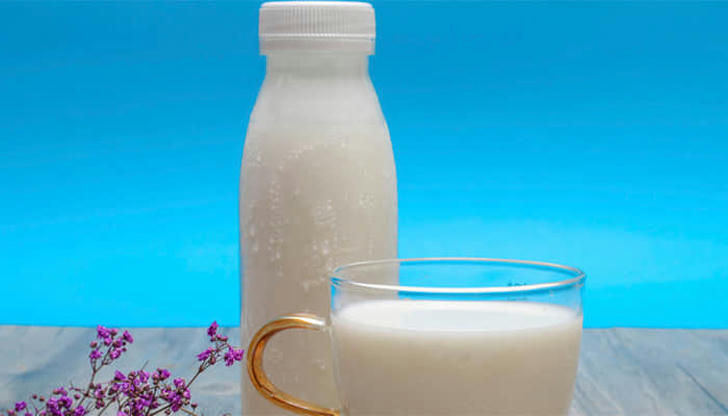
Generally speaking, adults should drink 250 ml - 500 ml of milk every day to ensure the supplement of basic calcium. Some foods high in calcium and phosphorus can be appropriately added to the diet, such as fish, shrimp, small shrimp, kelp, dairy products, bone broth, eggs, beans, etc. Dairy products are high in calcium and have a suitable ratio of calcium to phosphorus, making them more suitable for the elderly.
3. Exercise regularly
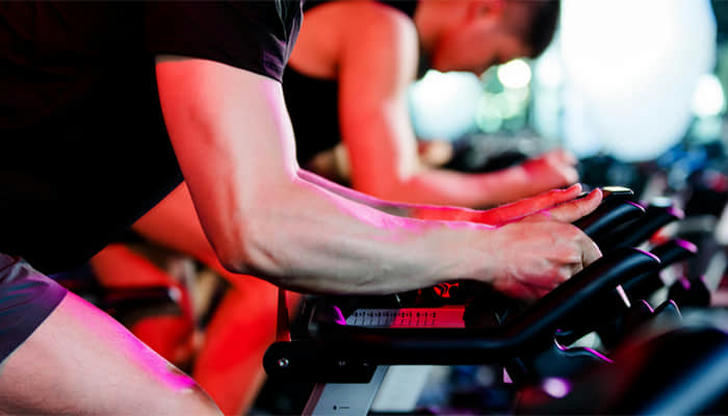
We should exercise at least half an hour a day to delay bone loss. Brisk walking, jogging, cycling, and table tennis are all good sports.
4. Sunbathing everyday

On sunny days, ensure that you stay outdoors for 20-30 minutes every day. In the non-exposure season, the best light time is from 10:00 am to 3:00 pm, and the exposed surface should be as much as possible. Office workers can receive as much light as possible during weekends or holidays. The sun cannot be separated from the glass, and the curtains and windows should be opened when indoors.

